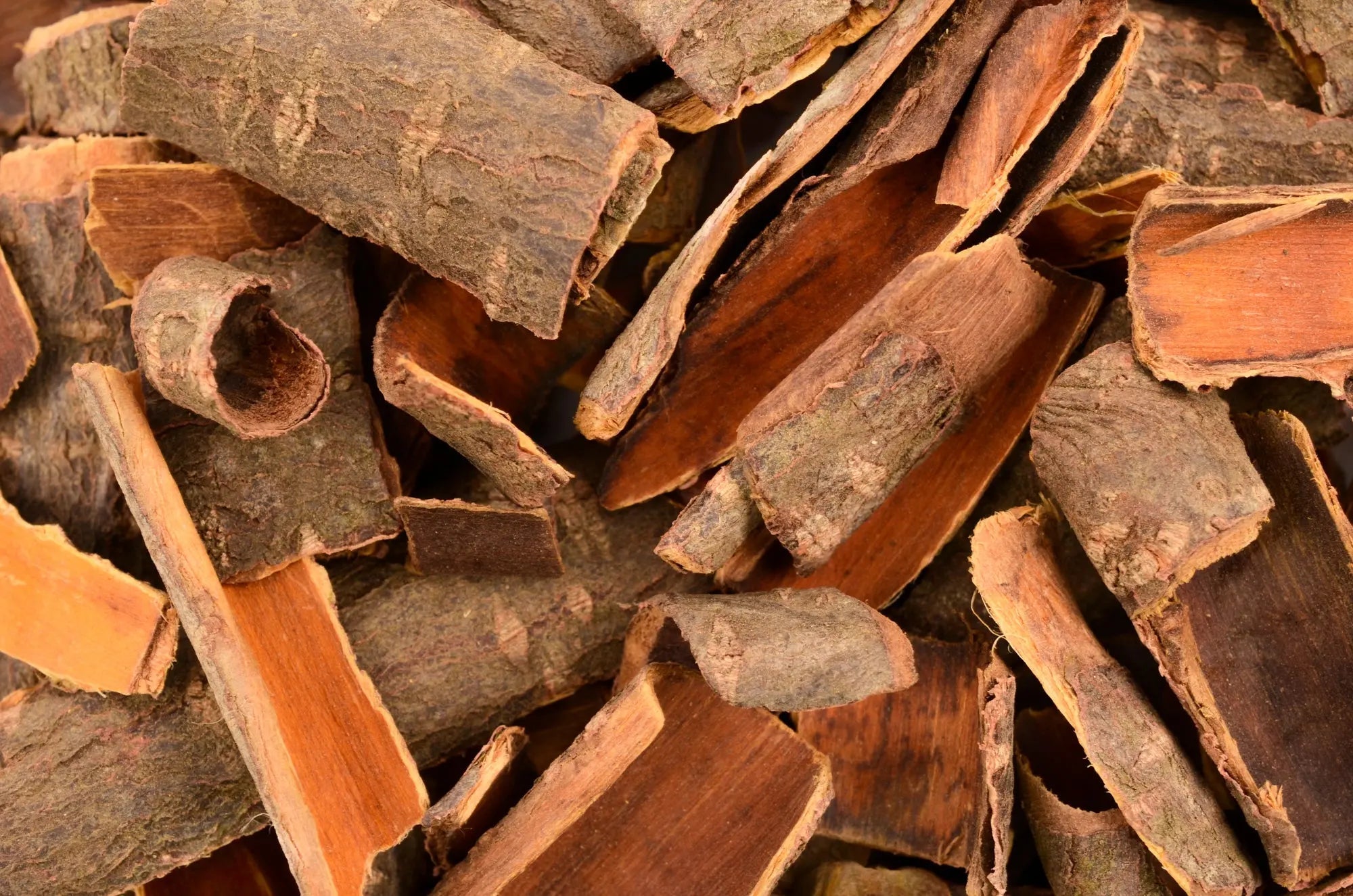Cascara (Rhamnuspurshiana), also known as cascara sagrada is a shrub found in western North America. The term cascara sagrada translates to “sacred herb” in Spanish. It is believed that a Spanish priest perceived the shrub similar to the wood that was used for the Ark of the Covenant, hence the name.
The dried bark of this shrub is used to prepare the famous herbal compound used for medicinal purposes. Today, you don’t have to look for the shrub and then dry its bark to gain the benefits. You can get hold of the Cascara Sagrada Tincture to benefits from the herb’s powerful laxative effects.
What Does Cascara Contain?
The bark of cascara is rich in anthraquinone glycosides. These glucosides are what give cascara its cathartic and laxative properties. The active components in cascara are C-10 glycosides, O-glycosides, aloins A and B, and desoxyaloins, among others.
A few years ago, cascara was actually an OCT drug. However, the lack of research and support moved it from a drug to a diet supplement.
A Brief History of Cascara’s Use
Cascara sagrada was first discovered and used by the Native Americans to relieve constipation. They knew well enough that fresh bark couldn’t be used directly, so every autumn, they’d strip the bark and subject it to a slow aging process, so it could be used throughout the year.
Later, it was discovered that fresh bark does indeed contains anthrone, a substance known for causing vomiting. It takes exactly one year for anthrone to decompose. Soon after, the early colonists learned of the uses of cascara plant, and from there, it spread all over the world. Over the years, Cascara Sagrada has gained the reputation of “being the most widely used cathartic herb on earth.”
Dr. Bundy from Colusa was the first physician to introduce the plant into modern medicine in 1877.
Benefits of Cascara
There are several benefits of cascara, but all of them are, more or less, related to stomach health.
It Helps Improve Bowel Movements
Cascara Sagrada is classified as a stimulant laxative due to its rich composition of anthraquinones. This phytochemical reacts with the bacteria in our intestine and stimulates the bowels. Based on evidence, within6-8 hours of cascara intake, the muscles in the intestines contract and cause the stool to move smoothly. This is especially comforting for people suffering from constipation.
Another way this herb helps with bowel movement is by inhibiting the reabsorption of electrolytes and water in the colon, which results in a softer and effortless bowel movement. It’s advised to consume lots of water when using cascara for this very reason.
Muscle contractions and reabsorption of electrolytes are also why cascara shouldn’t be used for more than a week. Frequent contractions and high absorption can lead to abdominal cramps and electrolyte imbalance.
It Has Anti-Parasitic / Anti-Microbial Properties
The bark of cascara plant contains a compound called emodin, which is known to have anti-fungal and anti-microbial properties. In addition to eliminating parasites, this compound also helps with certain bacteria in the stomach.
The Final Word
As effective as cascara herb is, it cannot be used without precautions. Cascara doesn’t interact well with anti-inflammatory medicines as both the herb and medication can lower the potassium levels in the body. So, if you’re taking any medication for inflammation, make sure to consult your doctor or an herbal specialist before consuming cascara.
If given the go-ahead, make sure to use organic cascara formulations only to reap their maximum benefits. At Secrets of the Tribe, we offer organic cascara tincture to help you get the most out of this powerful herb.




Share:
Learn the Herbs: Violet
Learn the Herbs: Hawthorn